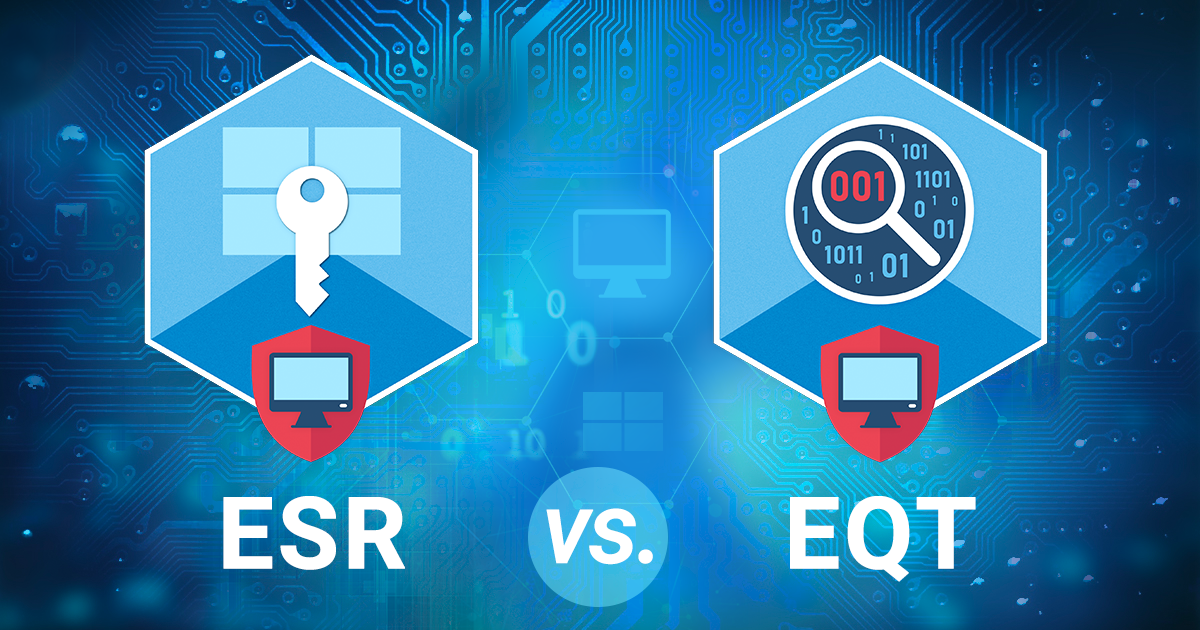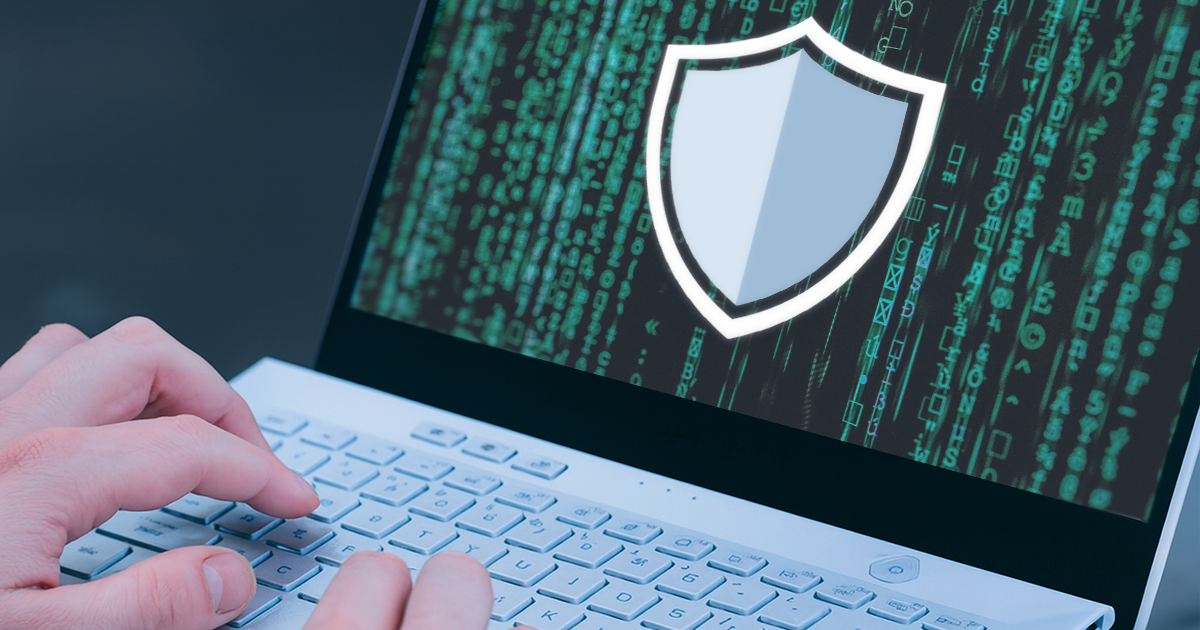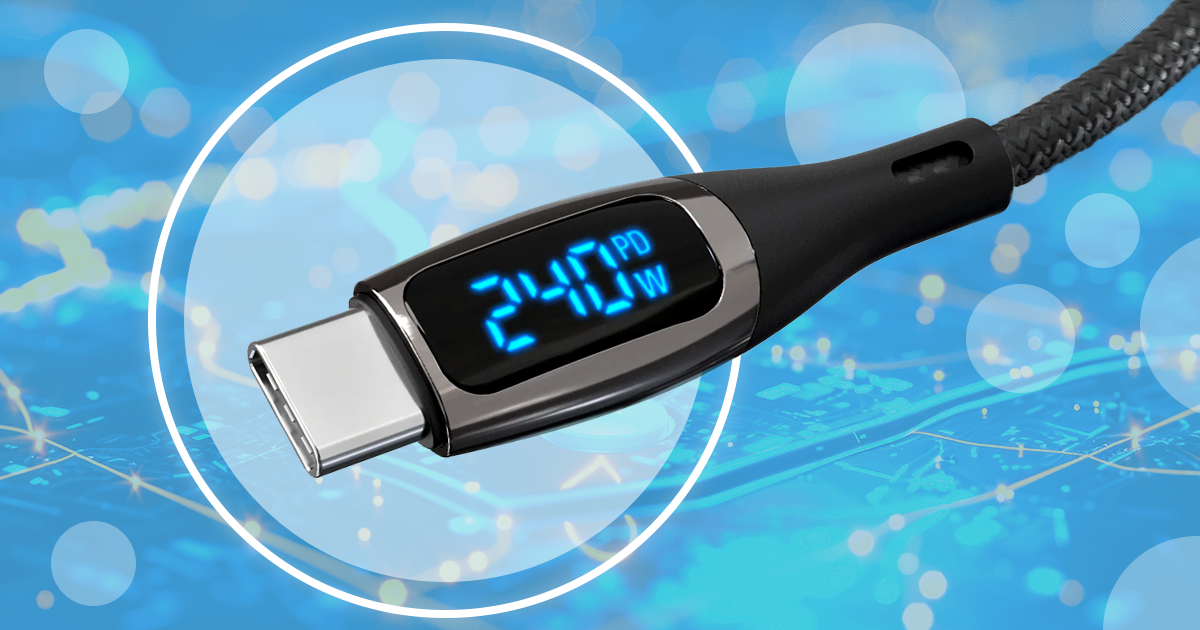Switching iPhones into a DFU (Device Firmware Update) mode is a hassle. Power off, press that and hold those that many seconds, release this but continue holding that until hopefully something happens on the phone. Many iPhone users have major troubles switching their iPhones into DFU mode. Luckily for them, they don’t have to do the Apple Dance too often.
We’ve analyzed 17 popular password management apps available for Apple iOS and BlackBerry platforms, including free and commercially available tools, and discovered that no single password keeper app provides a claimed level of protection. None of the password keepers except one are utilizing iOS or BlackBerry existing security model, relying on their own implementation of data encryption. ElcomSoft research shows that those implementations fail to provide an adequate level of protection, allowing an attacker to recover encrypted information in less than a day if user-selectable Master Password is 10 to 14 digits long.
We runned yet another Password Usage Bahaviour survey on our Web site and gthered statistically significant data, reflected in the following charts. And the main conclusion was that most people working with sensitive information want stricter security policies but rarely bother changing default passwords.
SANS Information Security Reading Room has recently publicized a whitepaper about iOS security where they mentioned our software – Elcomsoft iOS Forensic Toolkit – in a section about encryption. Kiel Thomas, the author of the whitepaper, explained one more time the main principles of iOS 4 encryption, which became stronger in comparison with iOS 3.x and how our toolkit can bypass new strong algorithms.
Great news, ElcomSoft starts Elcomsoft Password Store, an online service to supply customers with guaranteed secure passwords. The new Password Store provides customers a variety of selections, and complies with all industrial and government requirements regarding the length and complexity of passwords being sold. As a value-added service, the company offers near-instant recovery of all passwords sold through its Password Store for a nominal fee.
A true security system cannot be so fragile: Canon Original Data Security broken…
What is a Web browser for you? It’s virtually a whole world, all together: web sites, blogging, photo and video sharing, social networks, instant messaging, shopping… did I forget anything? Oh yes, logins and passwords. 🙂 Set an account here, sign in there, register here and sing up there – everywhere you need logins and passwords to confirm your identity.
Chrome, DES, DPAPI, EINPB, Elcomsoft Distributed Password Recovery, Elcomsoft Internet Password Breaker, Firefox, Network Security Services, Opera, plist, Safari, SQLite, Web Browser
Although this new book is on sale from January this year, we are happy to officially say our words of gratitude to Kevin Beaver and advise it to you.
Advanced Archive Password Recovery, Elcomsoft Distributed Password Recovery, Elcomsoft System Recovery, Elcomsoft Wireless Security Auditor, Encryption, hacking, Hacking for Dummies, Kevin Beaver, password, password recovery, Proactive Password Auditor, Security


